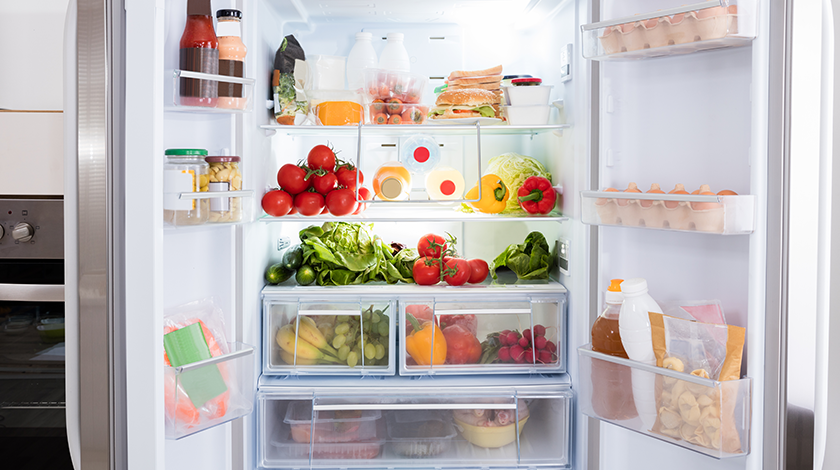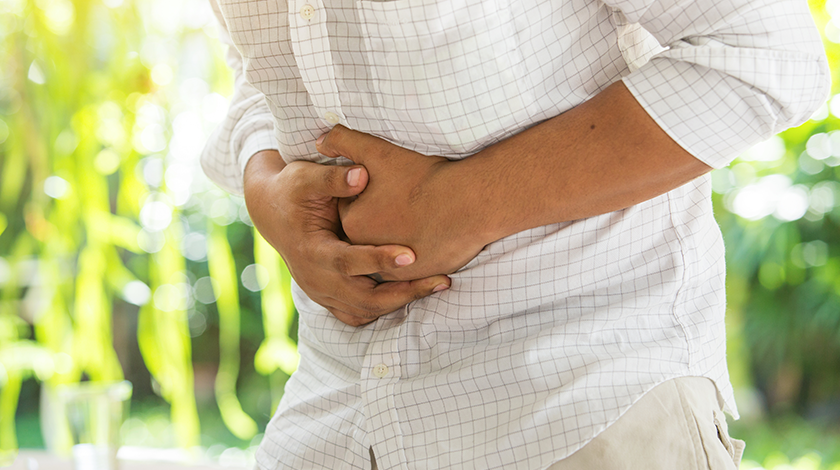Whether it's caused by gastroenteritis, norovirus or some other nasty stomach bug, food poisoning is a commonplace illness that most of us will unfortunately experience at some point in our lives.1 The good news is, by taking a few simple precautions, it's possible to greatly reduce the risk of suffering from it.
Shopping smart
Even foodstuffs from the supermarket can be teeming with germs. Here are some signs to look out for.
- If raw and cooked meat are stored together, avoid at all costs.
- If the fridge looks overcrowded, avoid buying dairy and raw meat products as it may not cool all items evenly.
- Always check the use-by date even if the food looks and smells fine.
In a wet market, you’ll need to be extra vigilant. All raw meat items should be stored on ice and you should keep an eye out for flies, especially in summer!
Storing smart

If you put every single food item into the fridge, you'd end up with an overflowing and ineffective refrigerator. The key is to be efficient and discerning. Plan your shopping in advance, identify which items need to be refrigerated and which do not, and learn to use your refrigerator effectively.4
- Dried and canned foods need to be refrigerated once you open them, ideally in a covered container.4
- Store raw meat at the bottom shelf of the fridge. This ensures that meat juices, which may contain bacteria, will not drip onto your cooked foods, fruits and vegetables. And as cold air sinks, the bottom shelf is often the coldest part of the fridge!4
- Monitor your fridge temperature with a refrigerator thermometer. Your fridge should be kept below 4 degrees Celsius at all times — bacteria may start to thrive above that!2
Saving smart
Avoiding food waste isn't just easy on the wallet, but also an environmentally-friendly practice we should all strive to emulate. However, if you're saving leftovers for later, you need to be careful with your food storage practices.
- Unless you're freezing your meal, try to consume cooked food within 48 hours.3
- If you're freezing food, make sure that you do not refreeze it. Eat it all at once or dispose of it.3
- When thawing raw food, try not to leave it at room temperature. Leave it in the refrigerator if you have some time, or pop it in the microwave if you're in a rush!
Enjoying a nourishing meal should be a pleasant activity and not one that is fraught with danger or anxiety about potential food poisoning. By following these simple precautions, you should be able to keep food poisoning at bay!
Resources
- Food poisoning. NHS Choices. Visited 6 April 2016.
- Temperature danger zone 5°C to 60°C – keep hot food hot and cold food cold. The Food Safety Council of Australia. Visited 6 April 2016.
- Freezing and food safety. United States Department of Agriculture. Visited 6 April 2016.
- How to store food safely. NHS Choices. Visited 6 April 2016.

